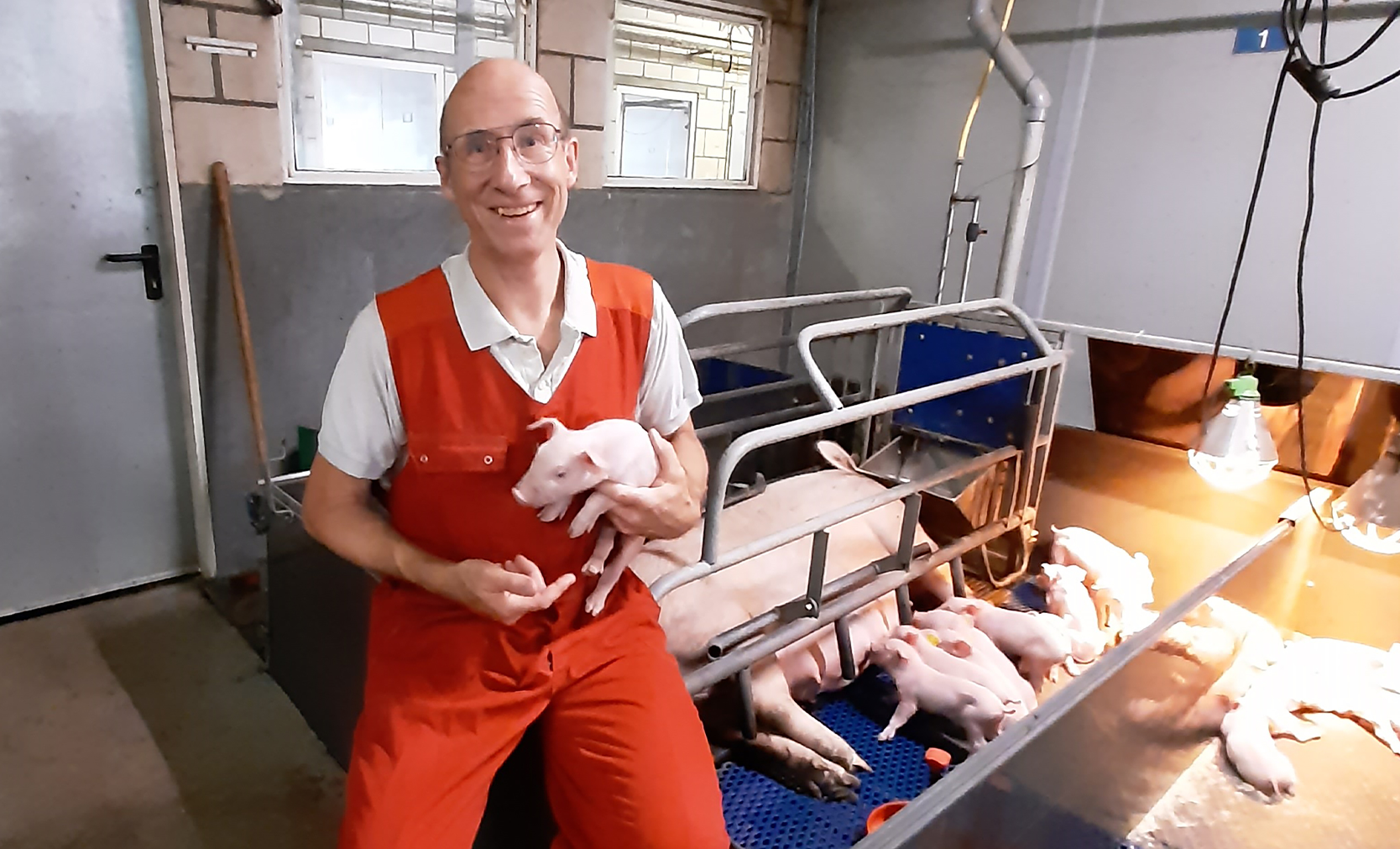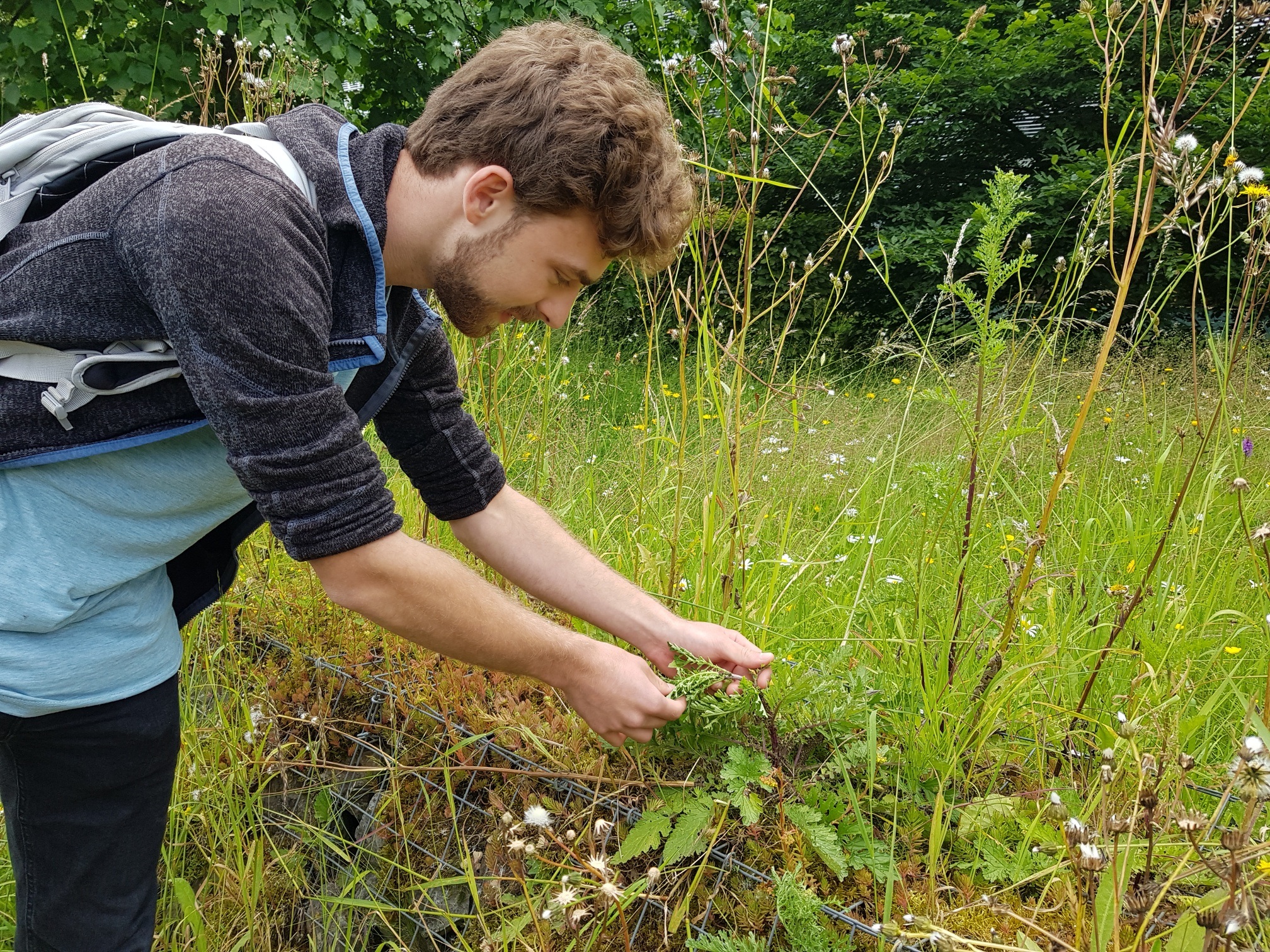More than 250 PhD students receive their PhDs at WUR every year. It is impossible to describe and summarize all these theses. In the column ‘PhD theses in a nutshell’ the selection of our science editors is briefly presented.
Combating aphids
It is often difficult to control aphids in greenhouses using chemicals. Mariska Beekman looked at why that is by studying the green peach aphid in the cultivation of bell peppers. The answer is a logical one: the aphids develop resistance to the insecticides that are used. Biological pest control using parasitic wasps is a good alternative, but that doesn’t always work either: aphids sometimes carry bacteria that produce toxins that kill the wasp larvae. What is more, there are often multiple aphid strains, each with its own bacterial weapon. It’s a complex system of attack and counterattack.
Aphids out of Control.
Mariska Madelon Beekman. Supervisors Bart Pannebakker, Bas Zwaan and Marcel Dicke
What do pigs want?
Low-protein pig feed reduces the amount of nitrogen that ends up in the environment. But you get more tail biting with feed that is low in protein and amino acids. Adding extra amino acids counters this effect. Can pigs themselves decide how much extra they need? Ilaria Minussi from Italy investigated this question. In experiments where pigs had choices, they showed a preference for feed with extra tryptophan. That choice seems to be connected to health and welfare, concludes Minussi. Pigs with extra tryptophan in their feed are more playful. It seems pigs are smarter than we think.
What Do Pigs Want?
Ilaria Minussi. Supervisors Walter Gerrits and Liesbeth Bolhuis
Pathogens in canal water
The water in Amsterdam’s canals is full of pathogenic bacteria such as E. coli and Pseudomonas aeruginosa. This is shown by the research of Sha Gao from China on the city’s water quality. The bacterium E. coli probably gets in the water through bird poo. Lab tests show that the pathogens are deactivated fastest in the summer when temperatures are higher and the days longer. E. coli then degrades at least ten times faster than P. aeruginosa. That means that testing the water for E. coli only is not a great idea. Gao also shows what material can best be used to purify the water. A useful study.
Pathogens in Urban Surface Water.
Sha Gao. Supervisor Huub Rijnaarts



